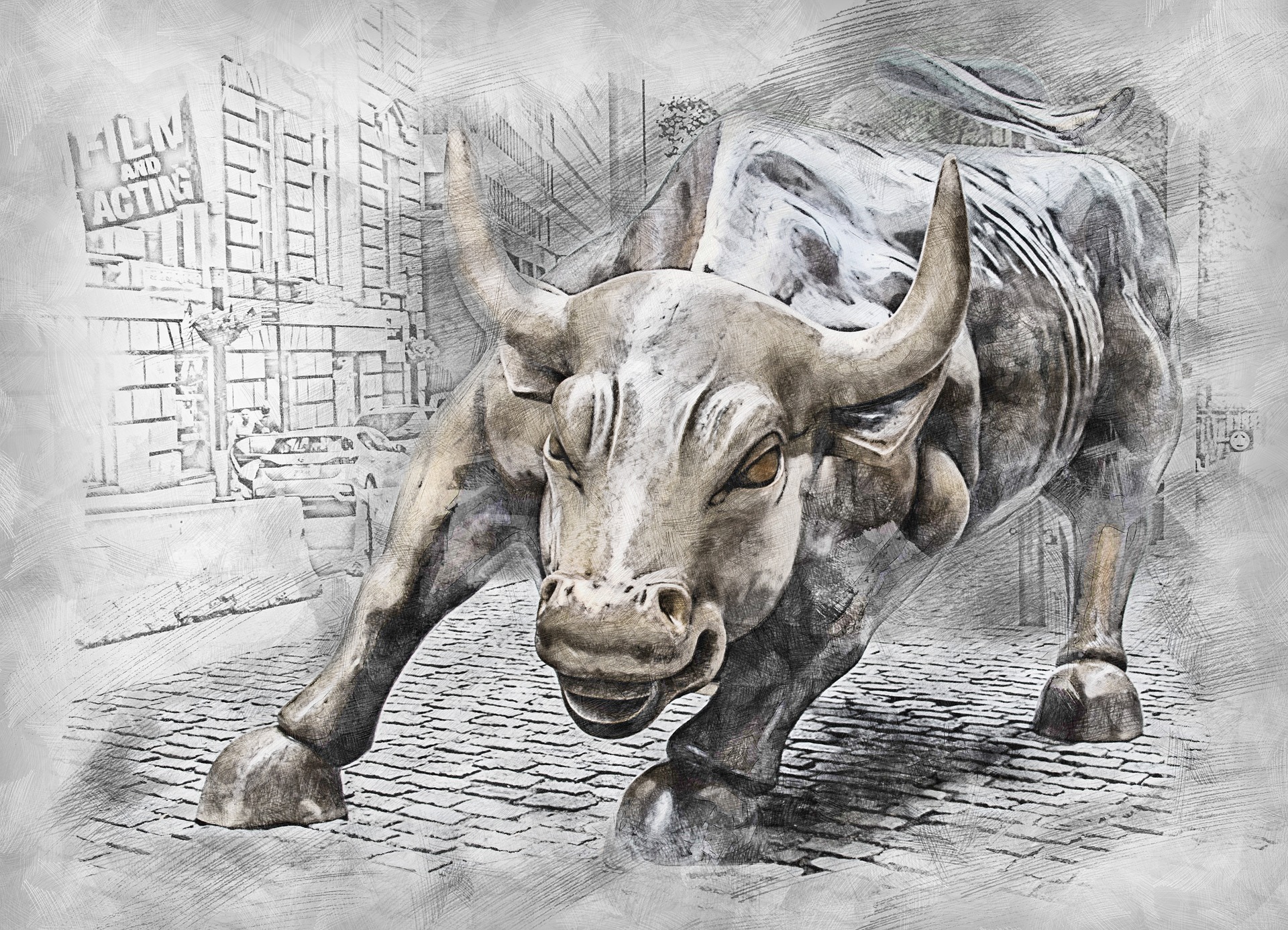
Closing Thursday with a 6.38% gain, the Dow is on a roll like butter right now. This marks a 21% surge over the last three days.
The S&P closed up 6.24%.
Some investors are trying to get ahead of the eventual recovery of the stock market although analysts say it is too early to call a stock market bottom. There is still much uncertainty about how long quarantine conditions will be recommended as the number of COVID-19 cases continues to rise.
Investors are becoming more confident that the $2 trillion coronavirus relief bill will be passed. Unless there are more shenanigans on the hill, it should pass a vote in the House on Friday and be on President Trump’s desk by Saturday. The Senate unanimously passed the Coronavirus Aid, Relief and Economic Security Act late Wednesday and Trump has promised to sign it immediately.
Dear @RepThomasMassie: If you intend to delay passage of the #coronavirus relief bill tomorrow morning, please advise your 428 colleagues RIGHT NOW so we can book flights and expend ~$200,000 in taxpayer money to counter your principled but terribly misguided stunt. #thankyou
— Rep. Dean Phillips (@RepDeanPhillips) March 26, 2020
Who Will Receive Coronavirus Recovery Rebate Checks?
While many American taxpayers will receive $1,200 recovery rebate checks ($2,400 for couples) as part of the coronavirus relief package, those who earn over $99,000 per year and married couples who earn above a combined $198,000 per year will not receive a rebate check. For those who do receive a rebate check, the money is not considered taxable income.
However, the earnings threshold to receive a $1,200 rebate for people who file as “head of household” on their tax returns is increased to $146,500. In order to file as “head of household,” a person must be unmarried, claim at least one dependent, and pay for more than half of a household’s expenses.
The bill says that taxpayers making up to $75,000 per year in adjusted gross income will receive $1,200 plus $500 per child. For married couples, the adjusted gross income limit is $150,000 per year. For those who earn more, the amount of their coronavirus relief checks will be decreased by $5 for every $100 over the income limit.